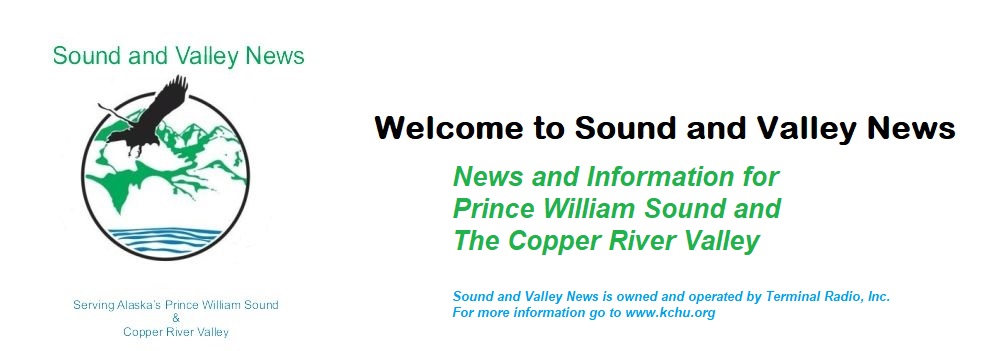
ANCHORAGE, AK – With the summer boating season underway, Department of Environmental Commissioner Jason Brune reminds recreational and commercial boaters that it is illegal to discharge untreated sewage anywhere in the State’s freshwaters or the marine waters within three miles of Alaska’s shores. This includes dumping buckets, leaning over the rail, as well as bypassing the holding tanks of an on-board toilet whether in a harbor, at anchor, on the fishing grounds, or while underway. Reminder letters were sent to all Alaska Commercial Fisheries Entry Commission permit holders reminding them of their responsibility to protect Alaska’s pristine waters.
“‘Don’t poo in the blue’ is a funny way to help us all remember to do the right thing, but this is a serious issue,” said Brune. “Untreated human waste can harm fish and shellfish and contaminate shellfish beds, and it can transmit diseases to other people. Discharging untreated sewage is illegal, and it sends the wrong message about how Alaska cares for our home waters.”
Discharging sewage with less than primary treatment can result in penalties of up to $2,000.
Federal law requires all vessels with onboard heads use a U.S. Coast Guard certified Marine Sanitation Device (MSD). Type III MSDs are preferred and include holding tanks, incinerators, and recirculating tanks. These tanks store waste until it can be pumped out at a pump station or released offshore. Vessels equipped with a Y-valve are required to have those valves locked within 3 nautical miles of shore to prevent illegal discharge.
|
|
Owners of boats that don’t have MSDs are encouraged to consider the use of bag-style camp toilets for solid waste and dispose the sealed bags along with other vessel solid waste at approved refuse collection areas.
“Packing out waste on backcountry trips has become a regular best practice, and the same care should be taken to protect our waters,” said DEC Water Division Director Randy Bates. “As a commercial fisherman, I understand the challenge and appreciate that the extra effort keeps our waters clean and our marine life healthy.”
Bates also noted that it is also illegal to discharge oily or contaminated water from decks and bilges. “These deck and bilge waters can contain oil, toxic chemicals, or harmful cleaners,” said Bates. “It’s important to be as mindful of these contaminated waters as you are of untreated sewage.”

